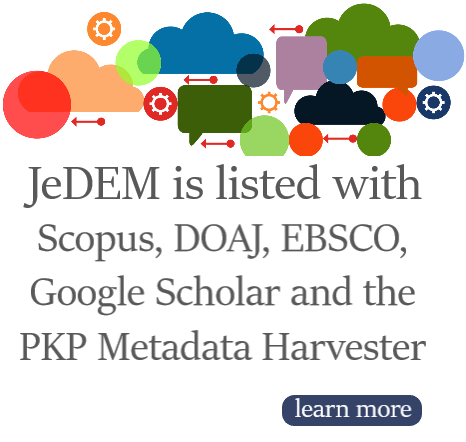“Open”: the changing relation between citizens, public administration, and political authority
DOI:
https://doi.org/10.29379/jedem.v3i2.66Keywords:
Open Government, Open Data, Open Information, Open Innovation, Open Commons, Open Collaboration, Open Government Platform, Public Value,Abstract
"Open" is not just a fancy synonym for transparent and accountable. The "Open" in Open Government, Open Data, Open Information, and Open Innovation stands for the changing relation between citizens and authorities. Many citizens no longer accept the passive stance representative democracy held for them. They take an active approach in setting up better means of collaboration by ICTs. They demand and gain access to their historically grown collective knowledge stored in government data. Not just on a local level, they actively shape the political agenda. Open Government is to be seen in the context of citizens‘ rights: the right to actively participate in the process of agenda-setting and decision-making. Research into open government needs to address the value of the changing relation between citizens, public administration, and political authority. The paper argues finally for the application of the Public Value concept to research into open government.
Downloads
Metrics
Downloads
Published
How to Cite
Issue
Section
License

JeDEM is a peer-reviewed, open-access journal (ISSN: 2075-9517). All journal content, except where otherwise noted, is licensed under the CC BY-NC 4.0 DEED Attribution-NonCommercial 4.0 International













